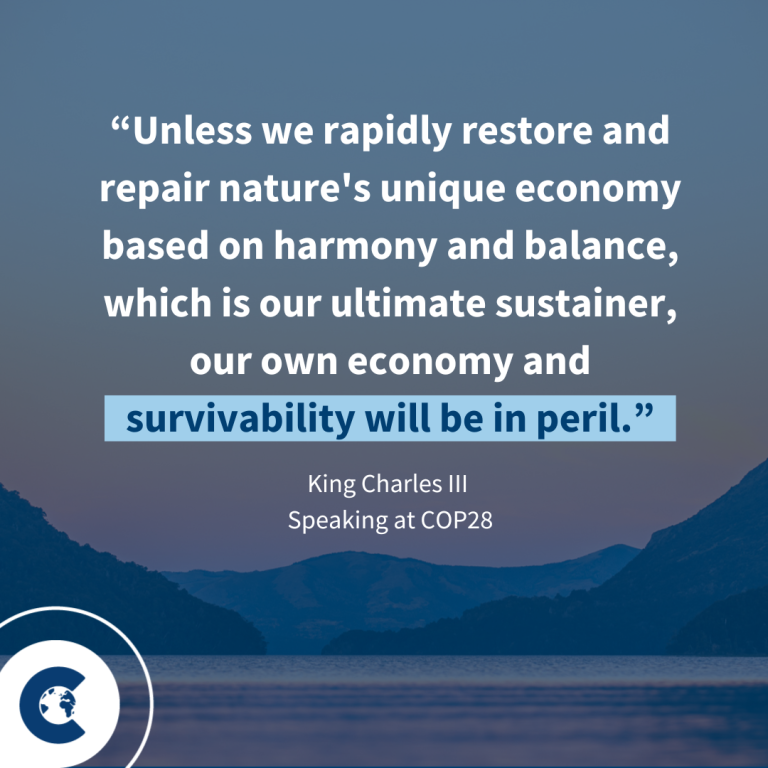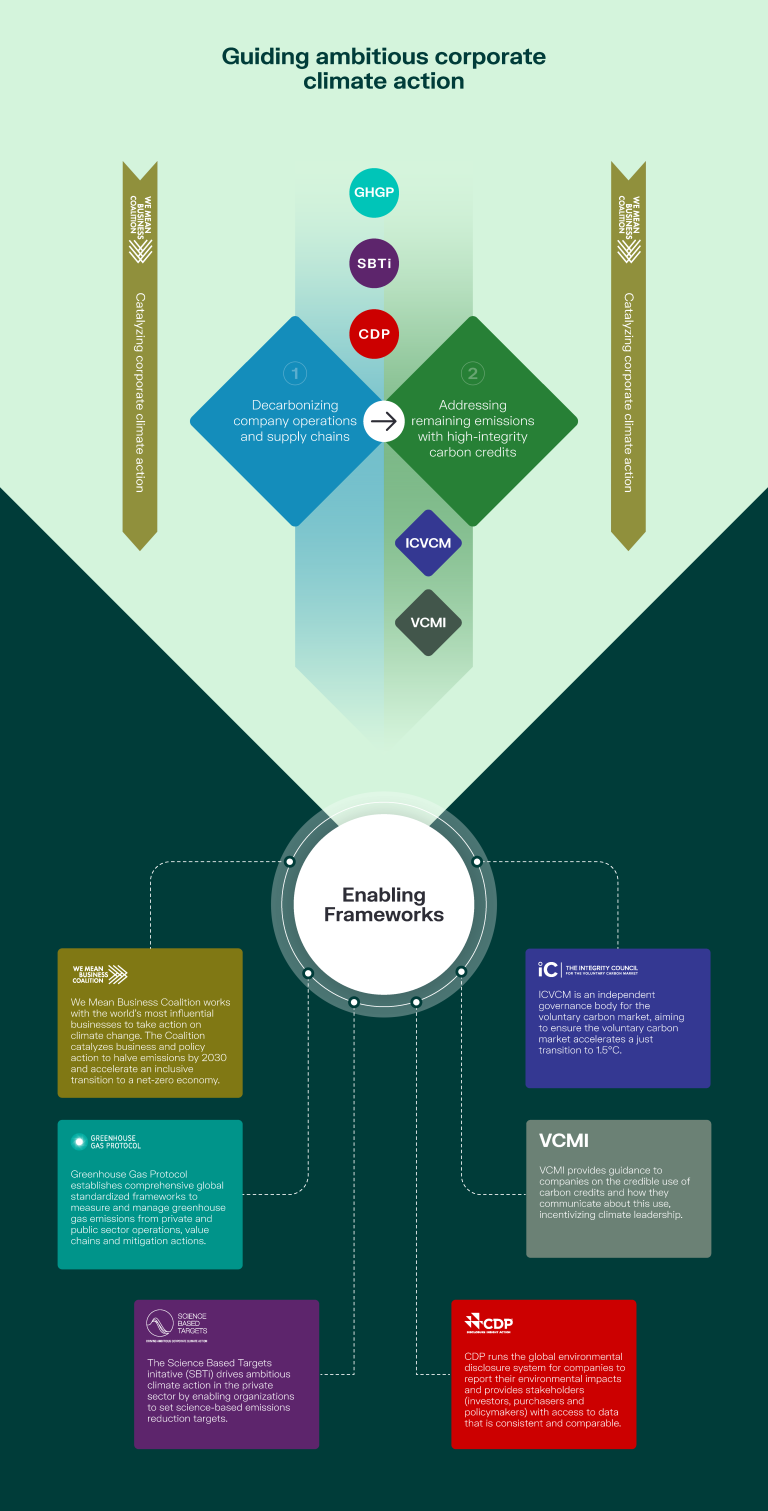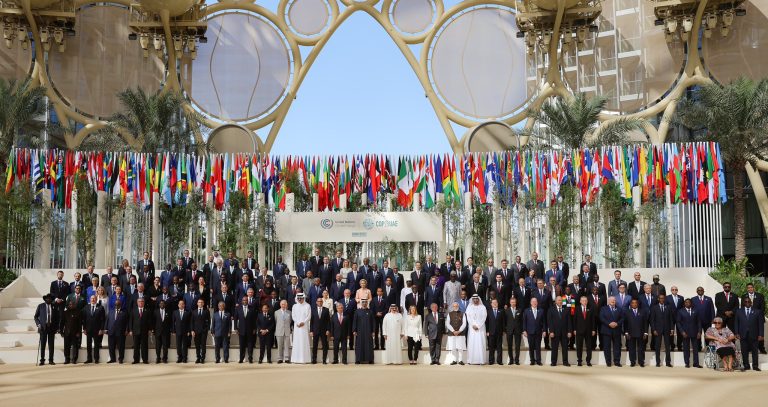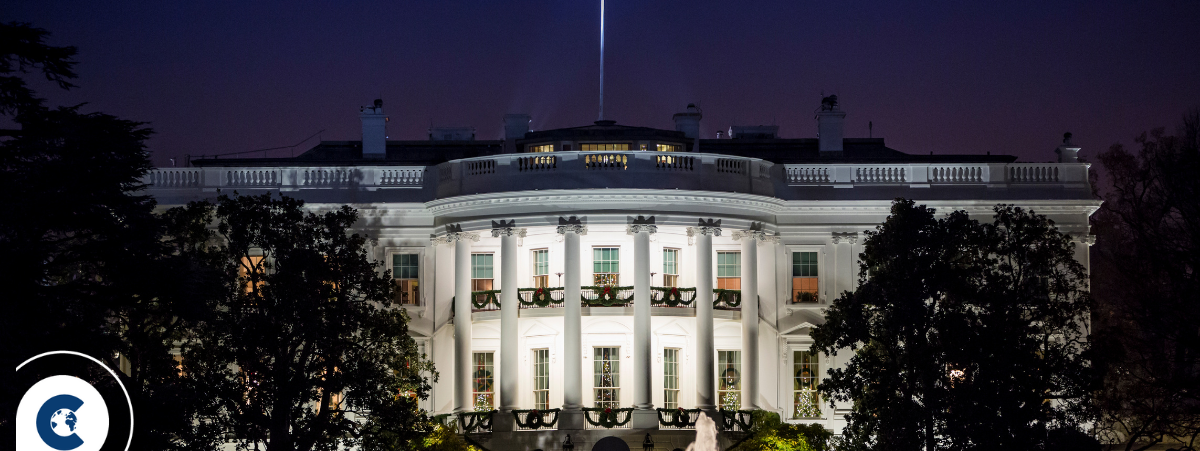Carbon markets were high on the agenda with the leading integrity focused organizations announcing a joint collaboration to enhance market wide trust and transparency.
The United Nations Climate Change Conference, COP28, kicked off in Dubai on November 30th, marking a key moment in global efforts to combat climate change. With over 60,000 participants, the summit is set to influence the trajectory of climate action worldwide. That is If it can overcome the controversy and purported conflicts of interest.
COP28 began with a sense of urgency, emphasizing the critical need for climate action now. The United Kingdom’s King Charles delivered a poignant speech that highlighted the interconnectedness of nature’s balance with humanity’s survival.
He told conference party members: “Unless we rapidly restore and repair nature’s unique economy based on harmony and balance, which is our ultimate sustainer, our own economy and survivability will be in peril. We are carrying out a vast, frightening experiment, changing every ecological condition, all at once, at a pace that far outstrips nature’s ability to cope.” His focus on biodiversity demonstrated a profound understanding of the far-reaching consequences of global warming.

Headline Grabbing Climate Finance Commitments
A landmark declaration on sustainable food systems, the Emirates Declaration, garnered the support of over 130 governments, marking a significant step towards transforming global agriculture.
UK Prime Minister Rishi Sunak showcased his country’s climate leadership by announcing a colossal £11 billion investment in the Dogger Bank offshore wind farm, a testament to Britain’s commitment to renewable energy.
In another display of global unity, the UK Prime Minister committed £1.6 billion to international climate finance (ICF) projects, however he faces his own fossil fuel industry conflicts back at home. COP28 has seemingly been an important PR moment for the UK government to address concerns that the country has been backsliding when it comes to climate initiatives. Only time will tell how high up on the agenda this really is for the UK.
The Loss & Damage Fund, one of the first and biggest announcements at COP28 so far, was established to assist countries vulnerable to climate impacts. Substantial contributions from the UAE and Germany have signaled the international community’s solidarity in addressing the most severe consequences of climate change.
While other countries, including the UK, US, and Japan, also pledged support for the Loss & Damage Fund, their contributions were smaller, highlighting the need for further solidarity and action to address the escalating climate crisis.
The Future of Carbon Markets
A groundbreaking carbon markets collaboration emerged this week among leading international carbon market associations, signaling a united front in the pursuit of clarity and transparency within the complex landscape of carbon markets. This collective effort involves key players such as VCMI (Voluntary Carbon Market Integrity initiative), ICVCM (The Integrity Council for the Voluntary Carbon Market), SBTi (Science Based Targets initiative), CDP, GHG Protocol, and the ‘We Mean Business Coalition.’ Their shared objective is to establish a robust framework that enhances the understanding and integrity of carbon markets.
The significance of this collaboration was set during COP28 Finance Day, where a High-Level Roundtable on Unlocking High-Integrity Carbon Markets took center stage. The discussions emphasized the pivotal role of such markets in directing climate finance towards ambitious decarbonization goals. The overarching theme was clear: high-integrity corporate climate action is indispensable for achieving the objectives outlined in the Paris Agreement and, crucially, for maintaining the aspiration of limiting global temperature increases to 1.5 degrees Celsius.
A key aspect highlighted by this collaboration is the importance of companies aligning their climate actions with the work of internationally recognized standard setters. This alignment not only demonstrates the integrity of their approach but also ensures a meaningful contribution to global mitigation efforts. The participating organizations have positioned themselves as standard setters, offering guidance and frameworks that empower companies to navigate the complexities of their climate transition journeys.
“Unity across the standard setters will give companies the direction and clarity needed to spur on increased high-integrity climate action. This is now a reality, it is state of the art, and it sets the rules of the game to scale up increased action driven by end-to-end integrity. Working hand-in-hand, we will set the stage for 2024 as the year of increased corporate action.” – Mark Kenber, Executive Director, VCMI

Closing the First Week of COP28
The COP Presidency may be reflecting on a week of significant achievements and notable challenges. The operationalization of the Loss & Damage Fund stands out as a milestone, signaling a commitment to addressing the impacts of climate change. This year’s event has also widened its scope, shedding light on critical policy areas such as health, agriculture, and clean cooking, showcasing the interconnectedness of climate issues with broader societal concerns.
While much progress has been made, there have also been some disagreements. Some people have criticized the COP President’s comments about phasing out fossil fuels, but these seem to be part of a broader disagreement about the text of the Global Stocktake (GST). The complicated discussions about phasing out fossil fuels highlight the challenges of negotiating an agreement that everyone agrees on.
The ongoing discussions about Article 6 are still a major part of COP28. Before the closing meeting of the Subsidiary Bodies (SBSTA and SBI), UNFCCC Executive President Simon Stiell stressed the importance of increasing ambition and asked governments to give clear instructions to their negotiators. The request for a strong statement that ends the fossil fuel era shows the urgency felt by the climate community.
In a revealing turn, Simon Stiell’s remarks from the closed roundtable event on voluntary carbon markets add another layer to the conversation, While the event was not open to the public, insights into Stiell’s comments provide a glimpse into the nuanced discussions taking place behind closed doors.
Stiell stated that voluntary carbon markets could be a key tool in the fight against climate change, but emphasized that they must be used in a way that complements, not substitutes for, other climate mitigation efforts.
Stiell highlighted the potential of voluntary carbon markets to accelerate the transition to a low-carbon economy. He specifically mentioned the need for new project types in agriculture, power storage, retiring fossil fuel assets, green hydrogen, green buildings, and electric mobility.
The UNFCCC Executive President also stressed that voluntary carbon markets must be built on solid ground and that they must not undermine national climate action plans or private sector efforts to reduce emissions.
He emphasized the need for confidence in carbon markets, stating that they must be trusted and recognized as valid solutions by businesses, governments, and civil society.
To ensure the integrity, credibility, and transparency of voluntary carbon markets, Stiell also called for a proper price on carbon.
Overall, Simon Stiell’s comments demonstrate the potential of voluntary carbon markets to play a significant role in addressing the climate crisis. However, he emphasizes that these markets should be used responsibly and should not be seen as a substitute for other climate mitigation efforts. Read the transcript of his speech in full here.
As COP28 moves into its second week, the global community eagerly anticipates further developments, hoping for more consensus, ambitious commitments, and tangible steps toward a sustainable and resilient future. The challenges faced in the first week are a reminder of the complexity inherent in addressing climate change and the need for global collective action.









